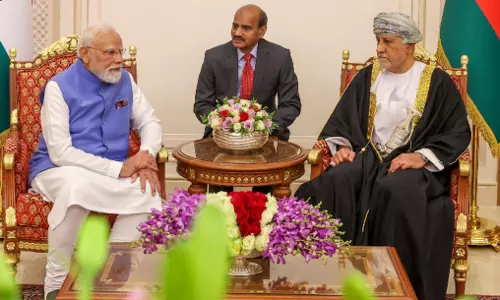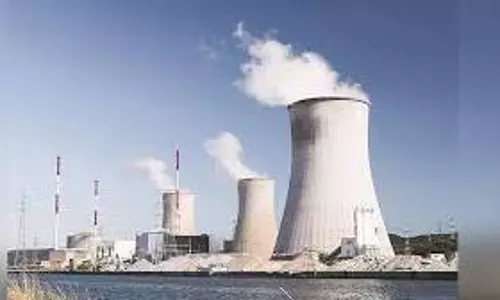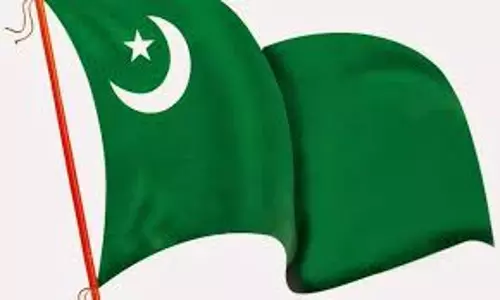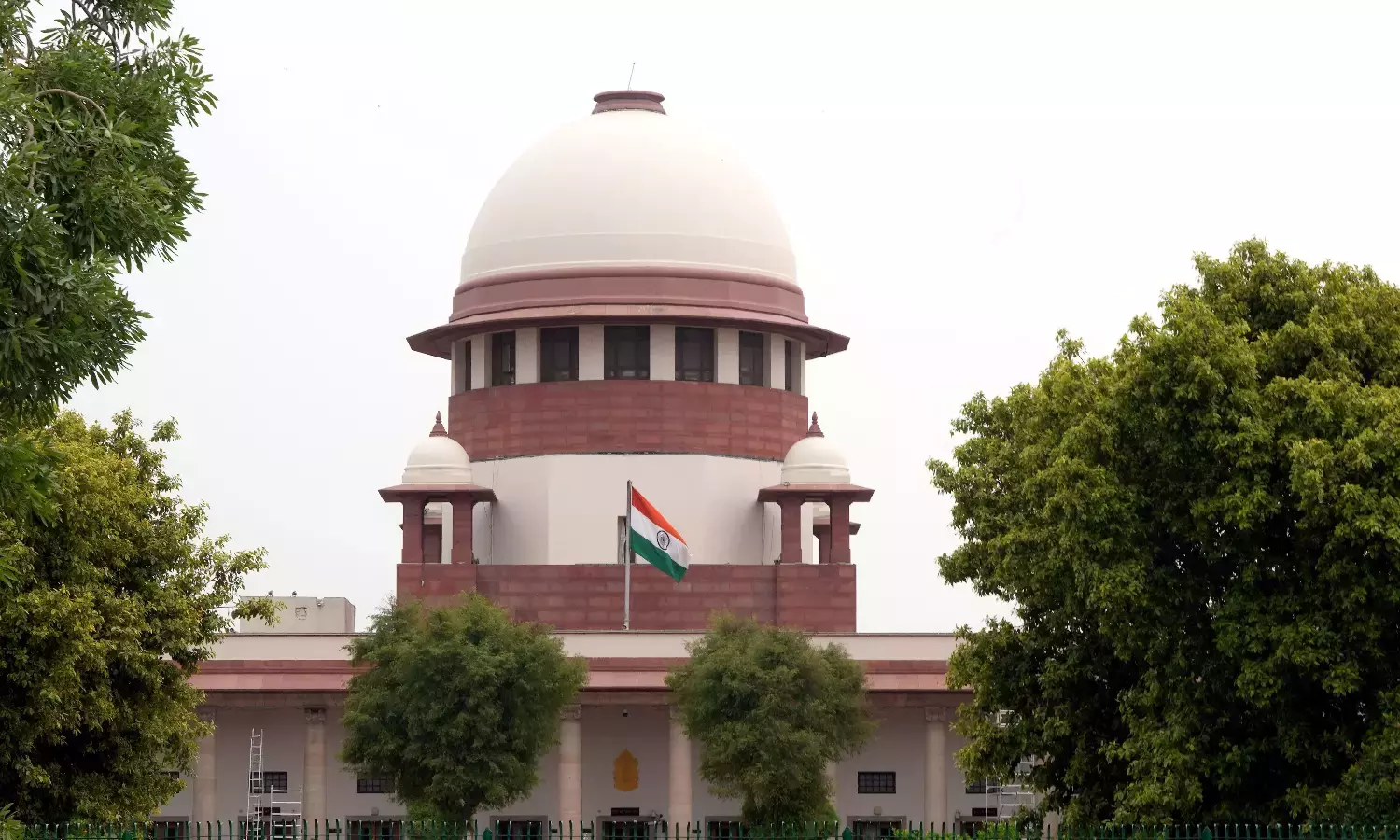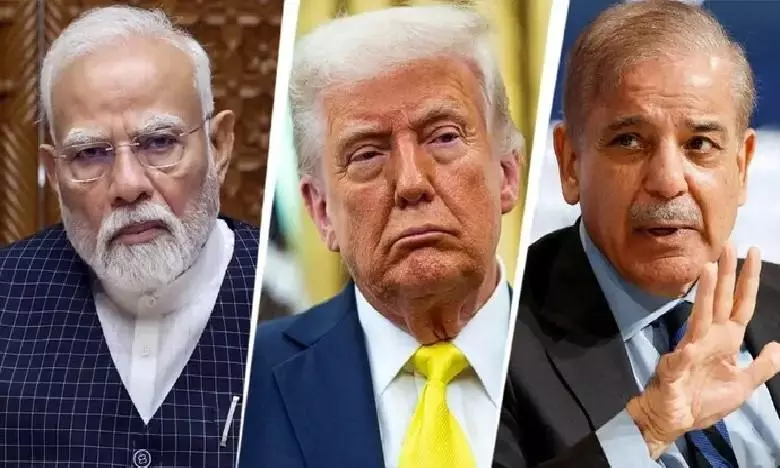
Trump offers mediation on Kashmir; Pakistan accepts, India silent
text_fieldsA day after India and Pakistan agreed to a ceasefire following intense military exchanges, US President Donald Trump asserted his role in facilitating the de-escalation while emphasising his commitment to mediate on the long-standing Kashmir dispute.
Despite no formal acknowledgement from India, Trump’s statements on social media and his remarks about the ceasefire have sparked reactions across the region, with Pakistan welcoming his involvement but India remaining silent, The Wire reported.
In a post on his Truth Social platform, Trump praised the leadership of both nations for agreeing to halt military action, describing the decision as a courageous step that could have saved millions of lives from potential destruction. He expressed pride in the United States’ ability to help bring about this peaceful resolution, though he did not provide details on the specifics of his diplomatic efforts.
The US President also suggested that he would work with both India and Pakistan to explore a solution to the Kashmir issue, a contentious and decades-old conflict that has involved several wars and continuous tension between the two neighbours.
Trump’s announcement of trade talks with both nations further raised eyebrows, as it marked the first time that Pakistan was included in US trade discussions, a departure from prior negotiations, which were largely focused on India. India and the US had already engaged in trade negotiations before the ceasefire, but Pakistan had not been part of any comparable talks. This sudden mention of trade expansion came just weeks after Prime Minister Narendra Modi’s visit to Washington, during which the US and India discussed bilateral ties and trade.
While Pakistan responded positively to Trump’s offer to mediate on Kashmir, with Prime Minister Shehbaz Sharif expressing gratitude for the US President's willingness to support peace efforts, India's reaction was markedly absent.
The Indian government has long opposed third-party mediation on the Kashmir issue, maintaining that it should be resolved bilaterally under the framework of the 1972 Shimla Agreement. Indian officials insist that the ceasefire was a result of internal discussions between the two countries, without external intervention.
Pakistan’s foreign ministry echoed the sentiment of its Prime Minister, emphasising that any lasting settlement on Kashmir should be in line with United Nations Security Council resolutions and uphold the right to self-determination for the Kashmiri people. The ministry also expressed optimism about US involvement in resolving the dispute, framing the offer as a step toward lasting peace and security in South Asia.





